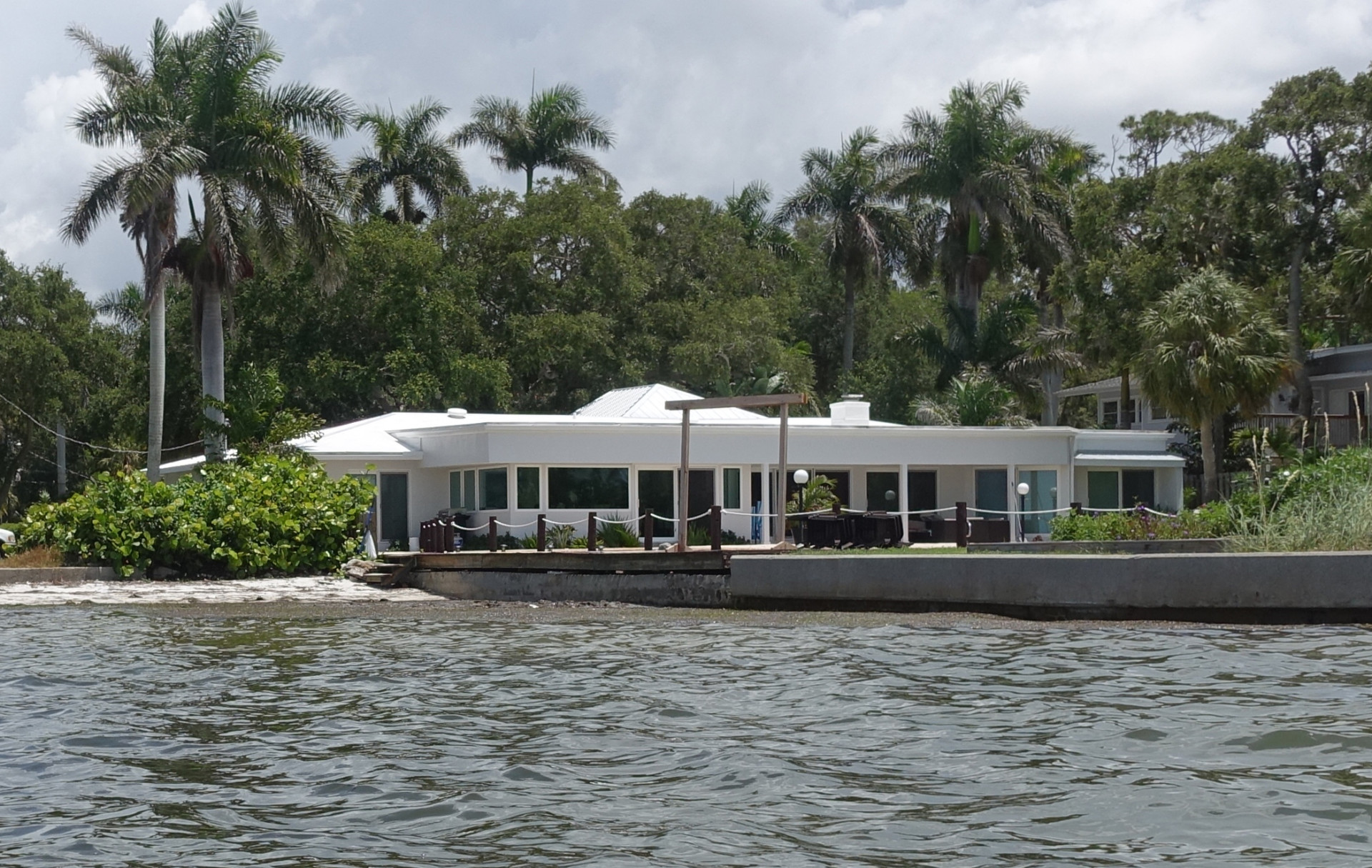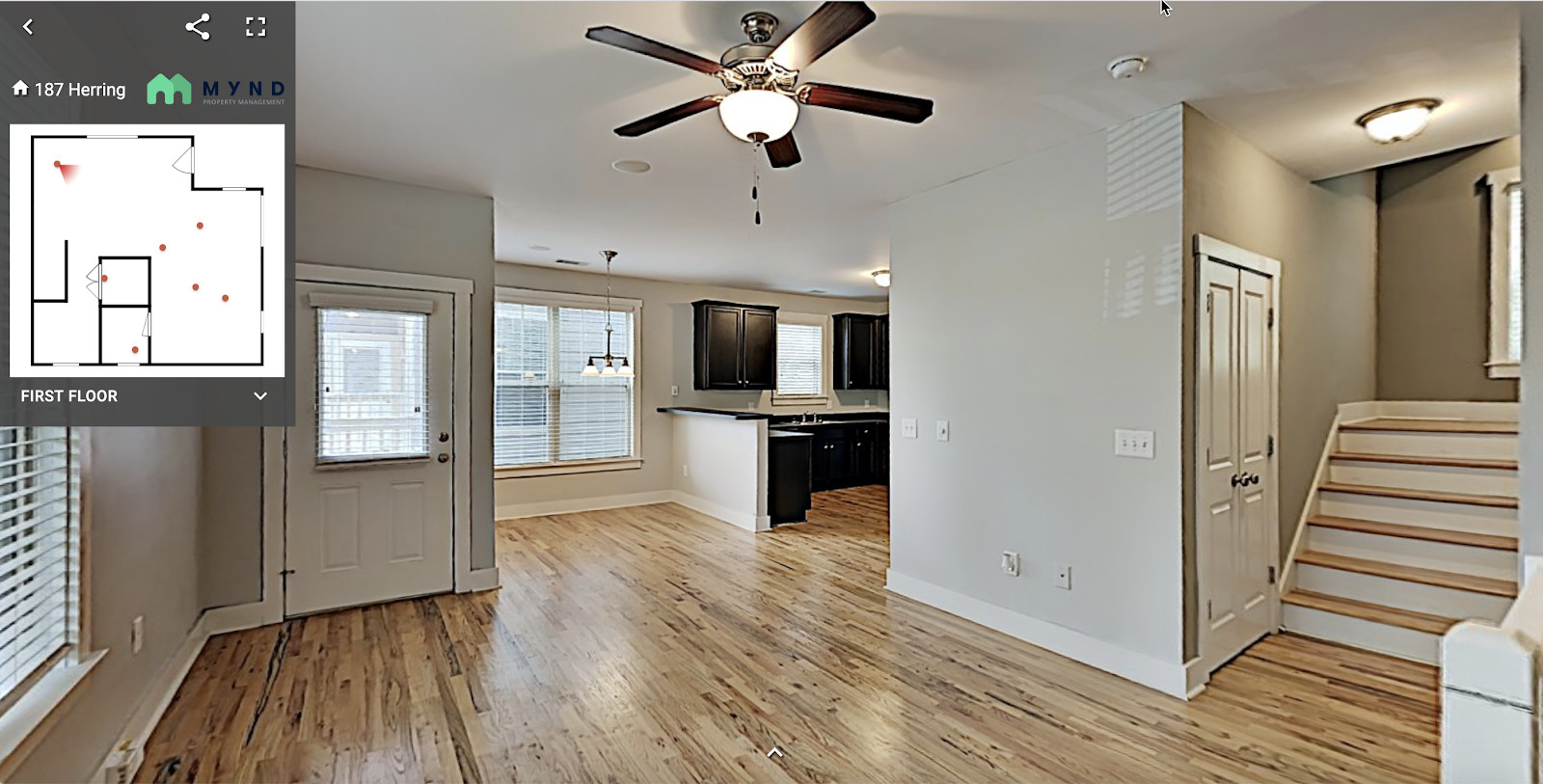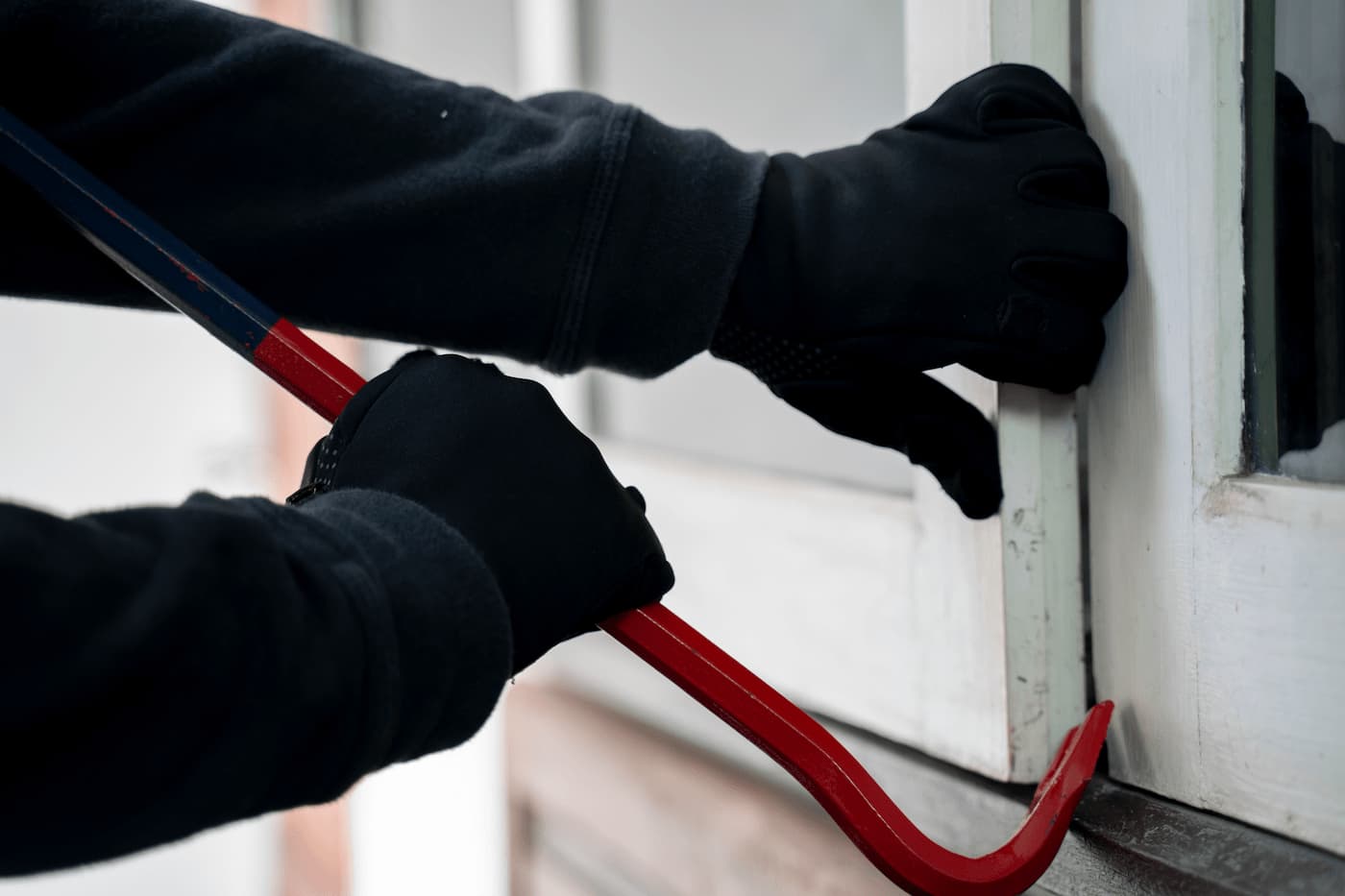Just test as the Allstate character “Mayhem” warns in commercials that cut-rate insurance policies can leave you short of coverage if an accident happens — accidents often precipitated by Mayhem’s inherently destructive behavior — investors in single family home rentals need to make sure they are protected if something bad happens.
“It’s not about getting the cheapest policy,” said Karla Rivas, director of business operations for Mynd. “It’s about getting the best coverage for your asset.”
And the wrong type of insurance can spell disaster, or “Mayhem,” for a property owner. Rivas had one customer, who was not protected by Mynd’s master policy, who failed to convert a standard policy to a vacancy policy and the property was destroyed by a fire 45 days after it went vacant. When the insurer discovered the property was vacant for more than 30 days, it refused to pay the claim.
“It was not covered because of the fine print,” Rivas said.
Horror stories abound in insurance business
Every person who works in the insurance business has a horror story like this, according to Michelle Afflalo, a principal at Ives Insurance Services, an independent brokerage in San Diego. She had a client with an apartment building where a child fell out the window, but was fortunately uninjured. Still, the child’s family has the ability to file suit any time before the child turns 18, so the apartment owner is not in the clear.
Afflalo said the average amount of a liability lawsuit starts at $1.5 million, so many property owners are carrying insufficient liability insurance.
Problems arise mostly because customers shop on price for insurance, unaware that saving a couple hundred dollars a year can lead to huge losses if the fine print does them in.
Many who invest in properties are not aware that they need a different type of insurance.
“Most consumers don’t understand that there is a landlord policy and a policy you get for your personal residence,” Rivas added.
Mynd’s master policy offers affordable and comprehensive coverage
Mynd’s owners can get unique landlord and vacancy coverage through the company’s master insurance program, and remove the worry and hassle of switching policies when a property is vacant. In addition, Mynd’s master policy offers $1 million in liability coverage while most landlord policies are capped at $300,000.
“It’s a policy that’s catered to the real estate investor,” Rivas added.
The program was created by Afflalo and it took almost eight months to put together because the process was so complicated.
“Mynd wanted to make sure all their clients could be covered properly,” Afflalo said. “Most people don’t know they lack proper coverage or have insufficient coverage until a claim occurs.”
In addition to the $1 million in liability insurance, the Mynd policy also includes $100,000 in water backup coverage, which is usually limited to $5,000 or left out; $25,000 coverage for mold removal; personal property insurance for appliances of up to $50,000; 24 months of rent loss because of repairs; and a 180-day vacancy clause that even allows for cosmetic renovations. The vacancy clause is usually limited to 30-60 days and a claim can be denied or a policy can be cancelled if an insurer discovers the length of the vacancy or a renovation is taking place.
“Every one of our coverages is over and above what the typical landlord policy would provide,” said Afflalo. “This policy really sets Mynd apart in the property management industry because they care not only about the management of the asset but the protection of the asset as well.”
Property owners need different insurance for different situations
Some owners are not aware that they need different types of insurance for when their properties are occupied and when they are vacant. If a property is unoccupied for more than 30 days, a policy needs to be converted so that it is covered as a vacant property, which is more expensive since insurors view vacant properties as riskier.
Properties that qualify for vacant structure insurance must be completely empty, these are a few situations that require vacancy policies:
1. Landlords who are between tenants for more than 30 days.
2. Homeowners selling their residence after leaving the property.
3. A landlord doing an extensive renovation or upgrading of their property.
Another way single family home investors can add a layer to protect their personal assets is to purchase a property in the name of an Limited Liability Corporation (LLC), in which the owners are not personally liable for a company’s debts or liabilities. So if an investment property is owned by an LLC, the asset that is subject to a liability claim is the property. However, it is still important an investor makes sure the property is properly covered by his insurance policy. Afflalo says a determined attorney can bypass an LLC to get at personal assets, but it does present another set of challenges.
Rental property owners routinely add a property manager to their coverage since they could also be held liable if something goes wrong on the property. If the property manager is not covered, an owner would need to pay the manager’s legal fees and expenses out of his own pocket.
The advantages of insuring through Mynd
Of course, if Mynd is managing an investment property and a client opts into its insurance program, Mynd is covered under the insurance as well.
Like most landlord policies, Mynd’s program covers incidents like fire, lightning, explosions, windstorms, hail, smoke and water intrusion from burst pipes. Coverage for vandalism and theft is included under Mynd’s policy, which are not always covered in a typical investor dwelling policy.
Separate insurance policies are needed to cover the following circumstances on typical policies but most properties automatically qualify for some coverage in Mynd’s program:
- Homeowners insurance never covers flooding, so most property owners need to purchase separate flood insurance. Mynd’s program offers $25,000 of flood insurance on the majority of properties it insures — properties in flood zones need separate flood insurance.
- Earthquake damage: You may be able to add earthquake protection to your policy, or you can purchase earthquake insurance as homes in earthquake zones need separate policies. Mynd’s program offers $25,000 of earthquake coverage on the majority of properties it insures.
- Mynd also offers an umbrella policy, which Afflalo prefers to refer to as an excess policy, and is actually an extension of a client’s liability policy. What Afflalo calls Mynd’s “big umbrella” policy is unique in that it offers additional liability for a client’s personal home, autos, and other rental properties that are not covered by the Mynd program.



